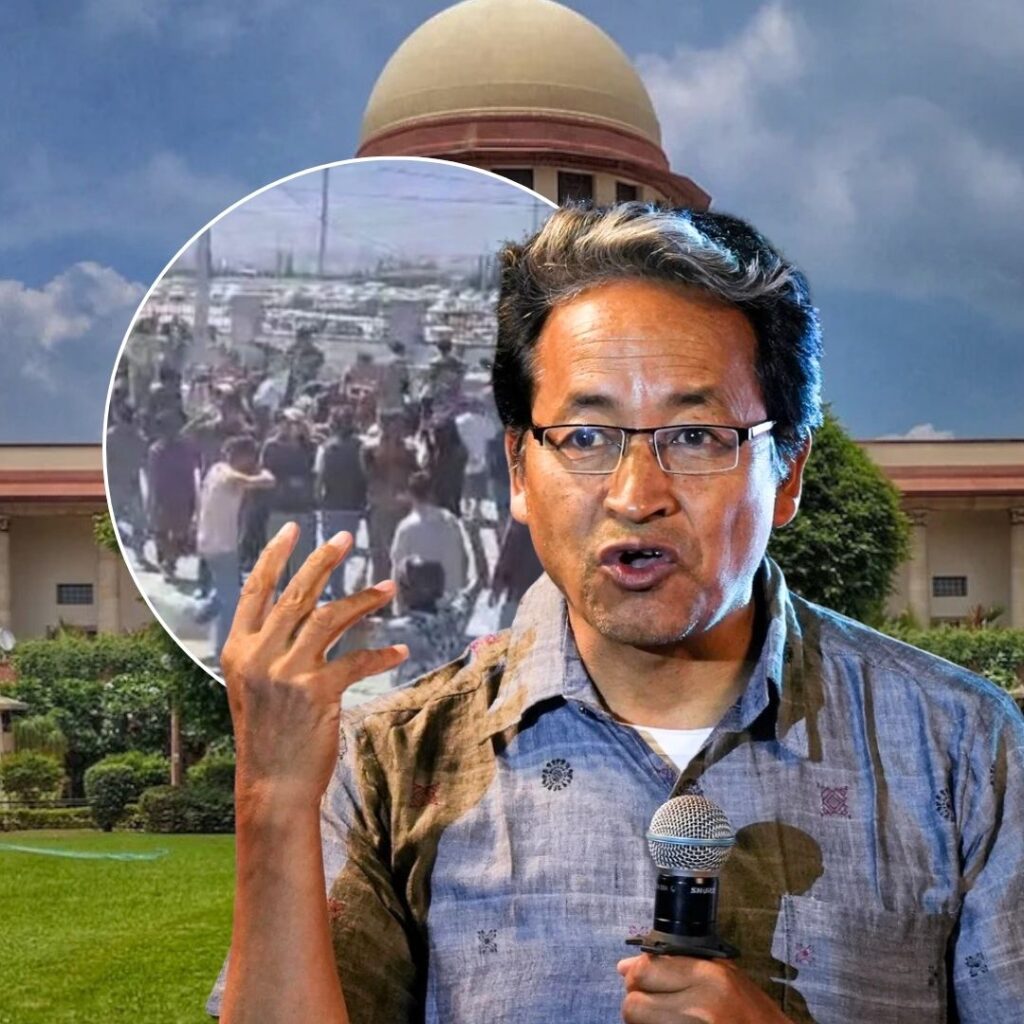French economist Thomas Piketty has urged India to implement a 2% wealth tax on its ultra-rich and a 33% inheritance tax to address extreme income inequality, which he describes as among the highest globally, second only to South Africa. Speaking at the Delhi School of Economics, Piketty highlighted that the top 1% of earners control 22.6% of national income, while the bottom 50% hold only 10-15%. He argued that reducing inequality could enhance economic growth and public service funding, but Indian officials, including Chief Economic Adviser V. Anantha Nageswaran, expressed concerns about potential capital flight and adverse effects on economic performance.
Piketty’s Vision for Economic Equity
At a recent event in New Delhi, Piketty presented compelling statistics indicating that India’s wealth distribution is alarmingly skewed. He noted that the top 10% of earners control 55-60% of national income, while the bottom half holds only 10-15%. Piketty emphasized that addressing this inequality is crucial for sustainable growth, stating, “India could grow even faster, reduce poverty even more with less inequality.” He suggested that a wealth tax on individuals with assets exceeding ₹10 crore (approximately $1.18 million) could generate significant revenue—equivalent to 0.5% of national income—which could be redirected to essential public services like education and healthcare.
Concerns from Indian Economists
The response from Indian economists has been mixed. While Piketty argues for progressive taxation as a means to reduce inequality, Nageswaran cautioned that higher taxes might lead to capital flight and discourage investment. He pointed out that the current tax revenue in India stands at only 13-14% of GDP, which is insufficient for funding vital public services. Furthermore, Finance Minister Nirmala Sitharaman has previously expressed skepticism about reintroducing an inheritance tax, citing its potential burden on middle-class families and the risk of driving away wealthy individuals.
The Broader Context of Inequality in India
Piketty’s proposals come amid growing concerns over wealth concentration in India, where Forbes recently reported that the combined fortune of the country’s 100 billionaires surged by over $300 billion in just one year, reaching $1.1 trillion. Piketty argued that countries like China have managed to achieve better economic outcomes with less inequality through effective public policies and progressive taxation. He stated, “The level of tax revenue in India is too low to fund essential services,” advocating for a broader tax base that includes the wealthy who have benefited from India’s infrastructure and public services.
The Logical Indian’s Perspective
As discussions around wealth taxation gain momentum, it is crucial for India to find a balance between fostering economic growth and promoting social equity. Piketty’s call for reform raises significant questions about our current taxation policies and their effectiveness in addressing inequality. How can we ensure fair contributions from the wealthy while maintaining an environment conducive to growth? We invite our readers to share their thoughts on this pressing issue and engage in a dialogue about building a more equitable society for all.












